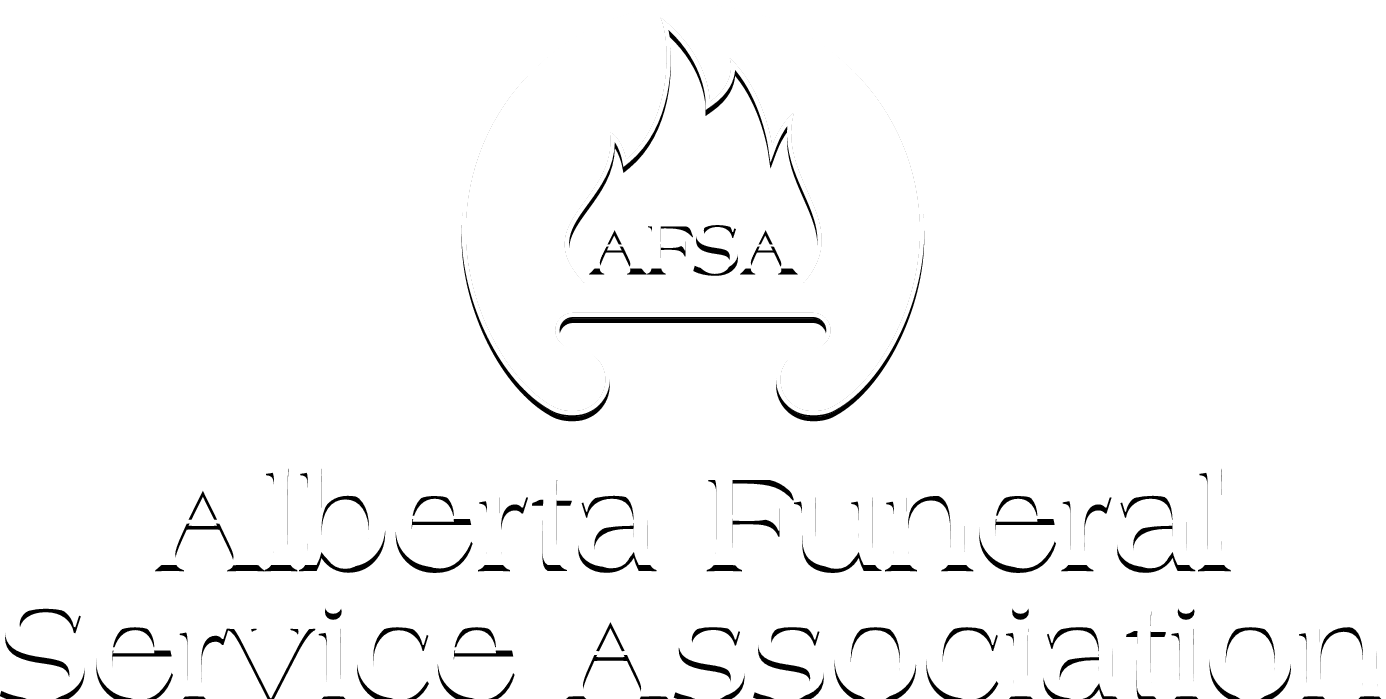Frequently Asked Questions
What is a funeral?
A funeral is a ceremony for a deceased person prior to burial or cremation. A funeral gives the opportunity for family and friends of the deceased to gather and mourn the passing of their loved one, share cherished memories and celebrate their life. A funeral is a vital first step to helping the bereaved heal after the loss of someone special.
What type of service should I have?
If no pre-arrangements have been made, the type of service is entirely up to you. Services are usually held at a funeral home, a hall, or a place of worship. There is a wealth of different services, ranging from a traditional religious or military service to something less traditional. Our funeral directors can work with you to figure out what would be the most appropriate.
Can I personalize a funeral?
Of course you can. There is no right or wrong way to celebrate somebody’s life. There are many unique ways to celebrate life, let the funeral director know exactly what your desires are and they will honor your wishes.
Do we need to have an obituary notice and what is included in one?
It is highly recommended to have an obituary notice that’s either placed in a local newspaper, or placed online. An obituary lets the public know that a death has occurred, and gives them information about the service. Obituaries generally include the deceased’s full name, age, city and date of birth and the city they were living in when they died. It also includes the name of the deceased’s spouse, along with the names of anyone else significant in their lives, such as parents, children or grandchildren. Space may be limited in a newspaper obituary, but you may include a little blurb on the life and legacy of the deceased. An online obituary or memorial website offers you the chance to add a lot more about the deceased.
Who are funeral directors and what do they do?
Funeral directors are in charge of all the logistics following a death. They complete all the necessary paperwork, make arrangements for the transportation of the body, and put into action the choices made by the family in regard to the funeral service and the final resting place of the body. Beyond the logistics, funeral directors are there to provide moral support and guidance for someone coping with death.
What happens if the death occurs in the middle of the night or on the weekend?
Funeral directors are available 24 hours a day, 7 days a week, and 365 days a year.
What if a death occurs away from my hometown?
We can arrange to have the remains transported home from anywhere in the world.
What is embalming and what purpose does it serve?
Embalming sanitizes and preserves the body; it also slows down the decomposition process and enhances the appearance of the body damaged by traumatic death or illness. Embalming gives time to the family of the deceased to arrange a service, and can provide a more peaceful viewing experience for the family.
Do I need to have an embalming?
No. Your funeral director may recommend embalming depending on the condition of the body and how long it will be until the burial, but it is not a requirement. However, some countries require embalming in order for remains to leave or enter the country.
COMMUNITY EVENTS
Beaverlodge Funeral Service is proud to be a part of our community. We aim to regularly offer services, like grief support groups and estate planning, as well as other activities. We strive to contribute to our community by sponsoring and participating in local events. We keep this page up-to-date and are always happy to answer any questions you may have.
OBITUARIES AND TRIBUTES
We understand that it is not always possible to attend a service in person. In light of this, we've created beautiful interactive online tributes to memorialize your love one. Leave a condolence, share a memory, post a photo, light a candle, and more!
When posting a condolence or gesture onto a Tribute Page, please be advised it goes through an approval process before being published. Sorry for any inconvenience this may cause.
PRE-PLANNING
Many people plan for life events such as weddings and vacations well in advance, but many people do not plan for something that is certain to happen, their funeral. While most people do not want to think about their own mortality, the time to pre-plan your funeral is now.



